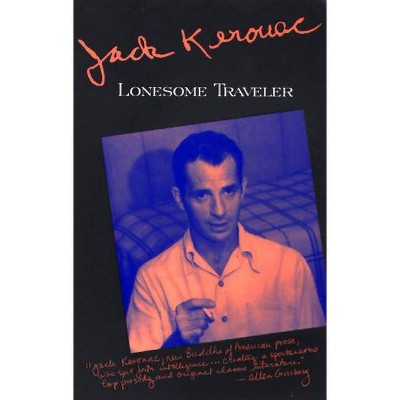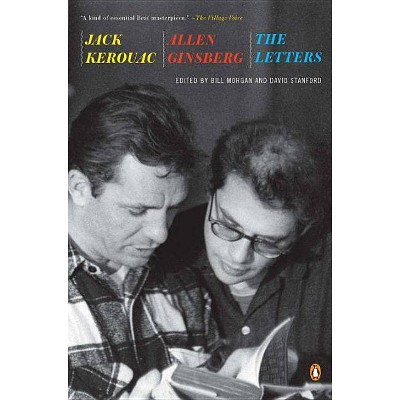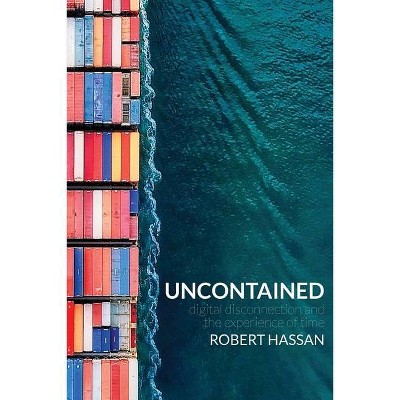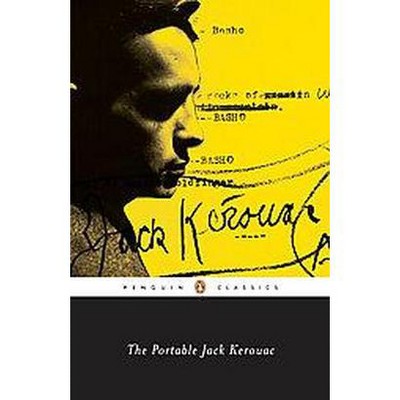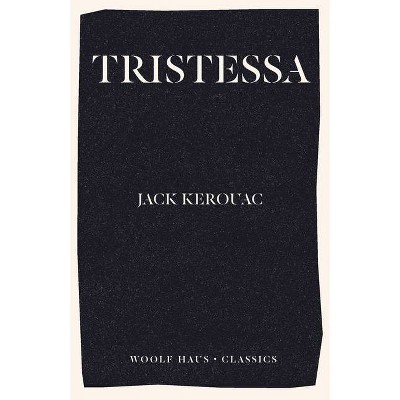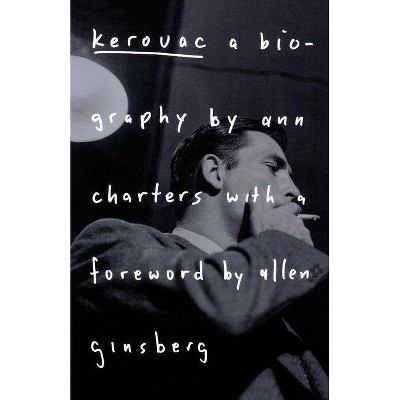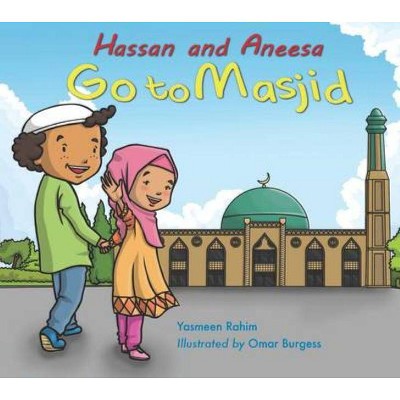Kerouac - by Hassan Melehy (Paperback)
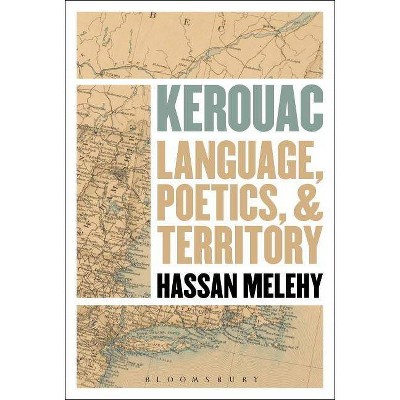
Similar Products
Products of same category from the store
AllProduct info
<p/><br></br><p><b> Book Synopsis </b></p></br></br>Given Jack Kerouac's enduring reputation for heaving words onto paper, it might surprise some readers to see his name coupled with the word "poetics.+? But as a native speaker of French, he embarked on his famous "spontaneous prose+? only after years of seeking techniques to overcome the restrictions he encountered in writing in a single language, English. The result was an elaborate poetics that cannot be fully understood without accounting for his bilingual thinking and practice.<br/> <br/>Of the more than twenty-five biographies of Kerouac, few have seriously examined his relationship to the French language and the reason for his bilingualism, the Québec Diaspora. Although this background has long been recognized in French-language treatments, it is a new dimension in Anglophone studies of his writing. In a theoretically informed discussion, Hassan Melehy explores how Kerouac's poetics of exile involves meditations on moving between territories and languages. Far from being a naïve pursuit, Kerouac's writing practice not only responded but contributed to some of the major aesthetic and philosophical currents of the twentieth century in which notions such as otherness and nomadism took shape. <i>Kerouac: Language, Poetics, and Territory</i> offers a major reassessment of a writer who, despite a readership that extends over much of the globe, remains poorly appreciated at home.<p/><br></br><p><b> Review Quotes </b></p></br></br><br><i>Kerouac: Language, Poetics, and Territory</i> argues persuasively that Kerouac's literariness is thoroughly sophisticated, and that his relationship to French and French Canada are at the root of this literary achievement. Melehy's examination of Kerouac's countercultural poetics and the relationship of those poetics to social locations and dislocations will be of interest to both scholars and Kerouac aficionados.<br/>Maria Damon, Professor of Humanities and Media Studies, Pratt Institute of Art, USA<br><br>Hassan Melehy's <i>Kerouac: Language, Poetics, and Territory</i> offers a much-needed reassessment of Kerouac's work. Through a groundbreaking analysis of Kerouac's vexed relationship to his Québécois ancestry and his experience of exile from his own history, Melehy provides a context in which many of the main features of Kerouac's writing come alive anew. Melehy shows why Kerouac is a central figure for a re-imagination of American literature that would-for the first time-take into account our multilingual and vagabond past.<br/>Timothy Hampton, Professor of French and Comparative Literature, University of California at Berkeley, USA<br><br>Melehy aims to revitalize our thinking on one of the most widely and enthusiastically read of twentieth-century American authors. Through excellent exposition, careful analysis, and valuable critical readings that draw on recent French notions of 'minority' and 'nomadic' writing, Melehy explores the role of the French language in Kerouac's life and work, bringing this important and fascinating topic to formal academic discussion<br/>Jonathan Arac, Andrew W. Mellon Professor of English, University of Pittsburgh, USA<br><p/><br></br><p><b> About the Author </b></p></br></br><b>Hassan Melehy </b>is Professor of French and Francophone Studies at the University of North Carolina, Chapel Hill, USA. He is the author of <i>The Poetics of Literary Transfer in Early Modern France and England</i> (2010) and <i>Writing Cogito: Montaigne, Descartes, and the Institution of the Modern Subject </i>(1997).
Price History
Price Archive shows prices from various stores, lets you see history and find the cheapest. There is no actual sale on the website. For all support, inquiry and suggestion messagescommunication@pricearchive.us
